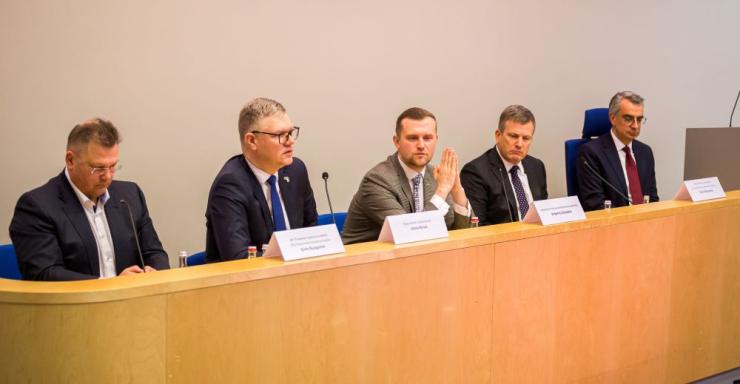By the end of 2029, Latvian universities and colleges will implement an extensive modernization of study solutions. The initiative "Digitalization of the Study Process" will be carried out in two phases with the support of European Union (EU) funds, with a total budget of 33,4 million euros. By integrating digital solutions into higher education processes, Latvia’s students will have access to modern and flexible studies comparable to leading universities and colleges in Europe.
The modernization process will significantly enhance study management by offering flexible course selection (including across faculties, universities, and even other European countries), introducing e-diplomas, fostering lifelong learning, and transitioning to "paperless" processes. It will also cover four key support systems: integrated digital resource and library management with advanced AI search and content processing capabilities, modern student internship management, evaluation of the study process, and personal data management in student research. These solutions aim to provide a more effective and contemporary approach to education management.
"The competitiveness and prosperity of Latvia depend on our ability to fully utilize the opportunities of new technologies, including the intensive digitalization of higher education. This is a priority for European universities, and in Latvia, we will implement solutions by adopting the best international practices. Our goal is to provide all young people with competitive education and a personalized approach to development, as well as offer adults opportunities to improve their qualifications throughout their lives effectively," said the Minister of Education and Science, Anda Čakša.
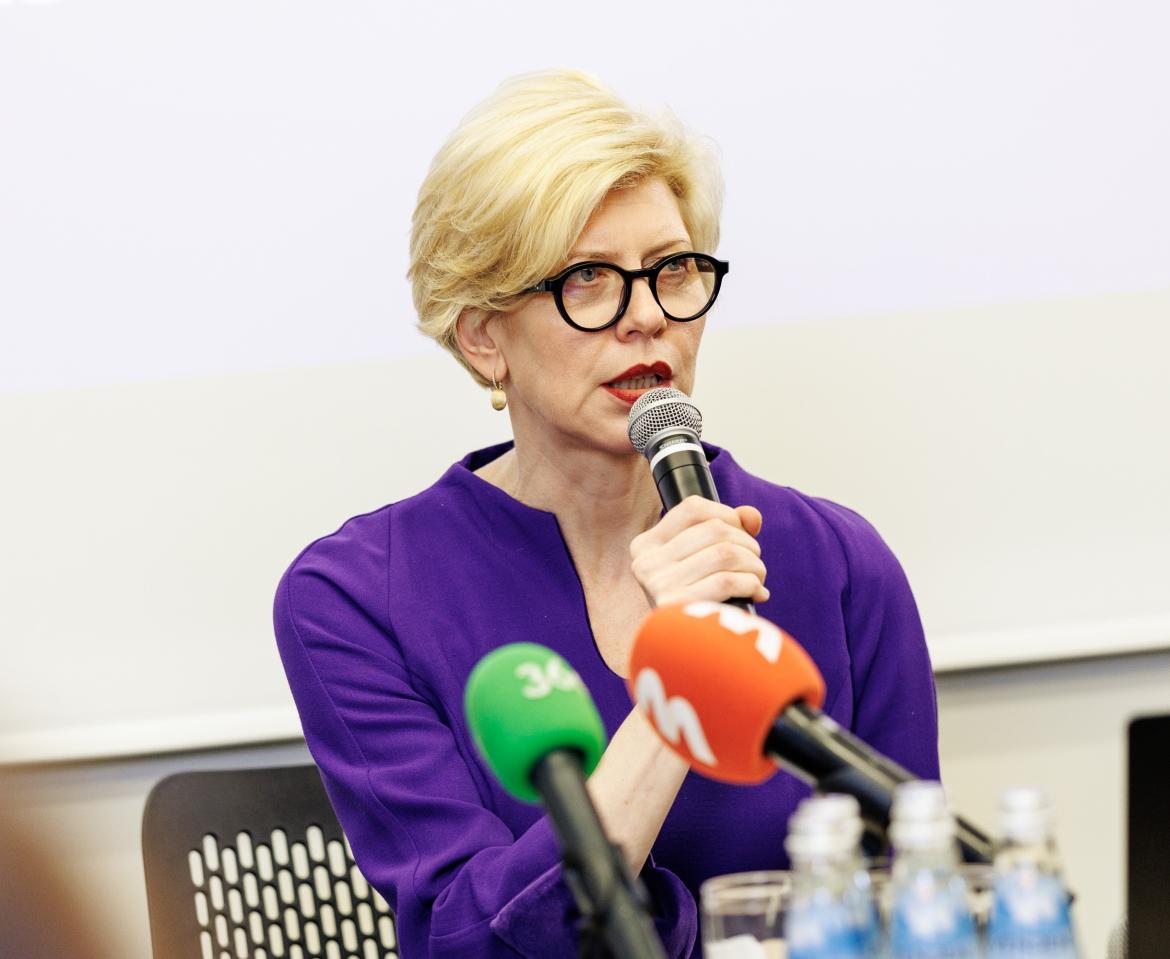
From autumn 2025 to the end of 2029, comprehensive modernization of study solutions will take place. This will create broad opportunities for students, higher education institutions, and society as a whole and lay the foundation for a modern, efficient, and innovative higher education system.
The "Digitalization of the Study Process" initiative will be implemented in two phases. The first phase (23,4 million euros) will be jointly executed by the "Higher Education and Science Information Technology Shared Service Centre", established by four scientific universities: the University of Latvia (UL), the Riga Technical University (RTU), the Riga Stradiņš University (RSU), and the Latvian University of Life Sciences and Technologies (LULST). The Service Center, a joint association of these universities, aims to develop and implement innovative solutions that promote the growth of all universities and support the comprehensive development of science and higher education in the country. The members of the Service Center represent 66% of all students in Latvia, approximately 49,200 students.
The Ministry of Education and Science provides funding for the modernization of studies, develops and improves regulations in collaboration with the Service Center, and oversees project implementation. This approach benefits not only specific institutions but also the entire Latvian higher education and science ecosystem, enhancing its international competitiveness and sustainable development.
The second phase, with a total budget of 10 million euros, will offer grants to support the implementation of new solutions across all universities, ensuring their effective integration. All Latvian universities and colleges can apply for the grant program, either individually or collaboratively, fostering innovation and digital transformation within the higher education system.
UL Vice-Rector for Science, Assoc. Prof. Guntars Kitenbergs explains: "Digital technologies are an integral part of our daily lives. Booking tickets or applying for services on a smartphone and using e-documents have become commonplace. The activities under the 'Digitalization of the Study Process' initiative will propel Latvian higher education into its next stage of development. We will be able to offer new study and research experiences for students, lecturers, and researchers. In the future, diplomas and micro-credentials will be easily accessible in digital environments. It will become easier to personalize one's study path, for instance, by selecting courses from an easily accessible catalogue of study programs and courses. At the University of Latvia, we recognize the importance of such solutions, as UL has long been a leader in the number of users of digital study solutions."
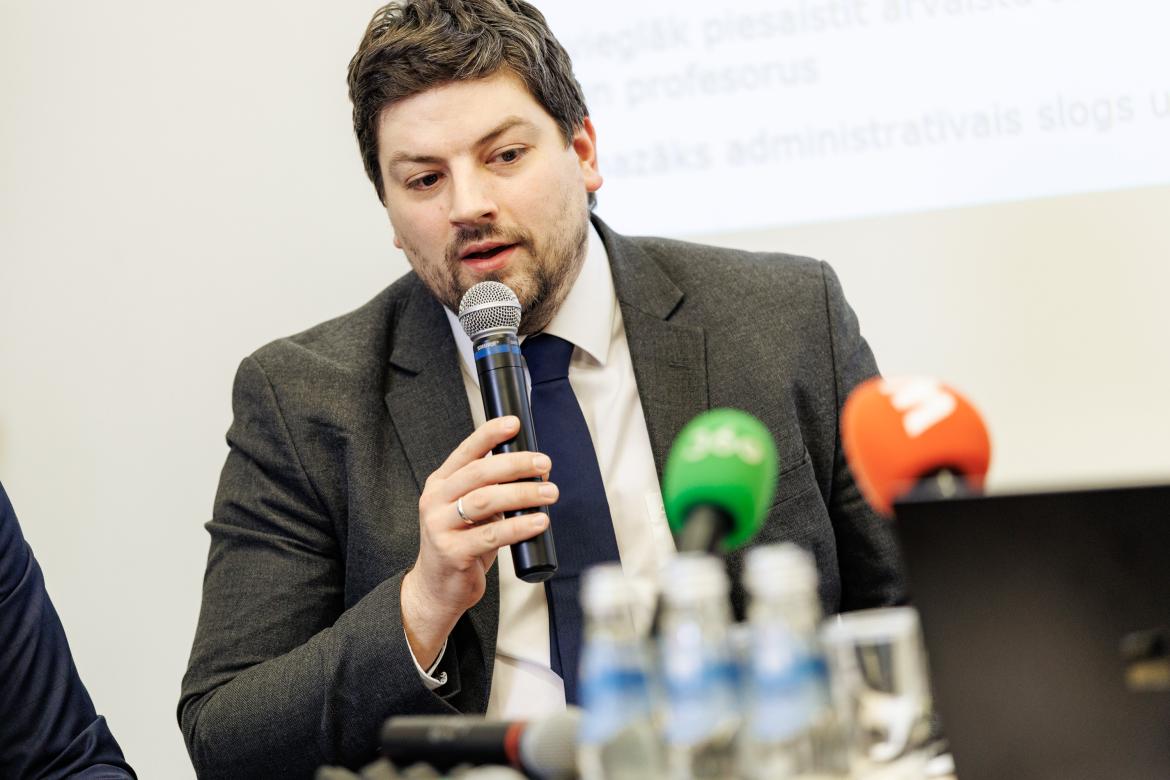
RTU Rector, Prof. Tālis Juhna states: "Our primary clients and partners are students, which is why we must improve our universities' internal processes to ensure that students have the most convenient and modern study environment possible and that scientific universities have simplified opportunities for collaboration. Digital solutions will allow us to work even more efficiently so that Latvia's scientific universities can assert themselves more convincingly in the global higher education environment and compete with other internationally strong universities."
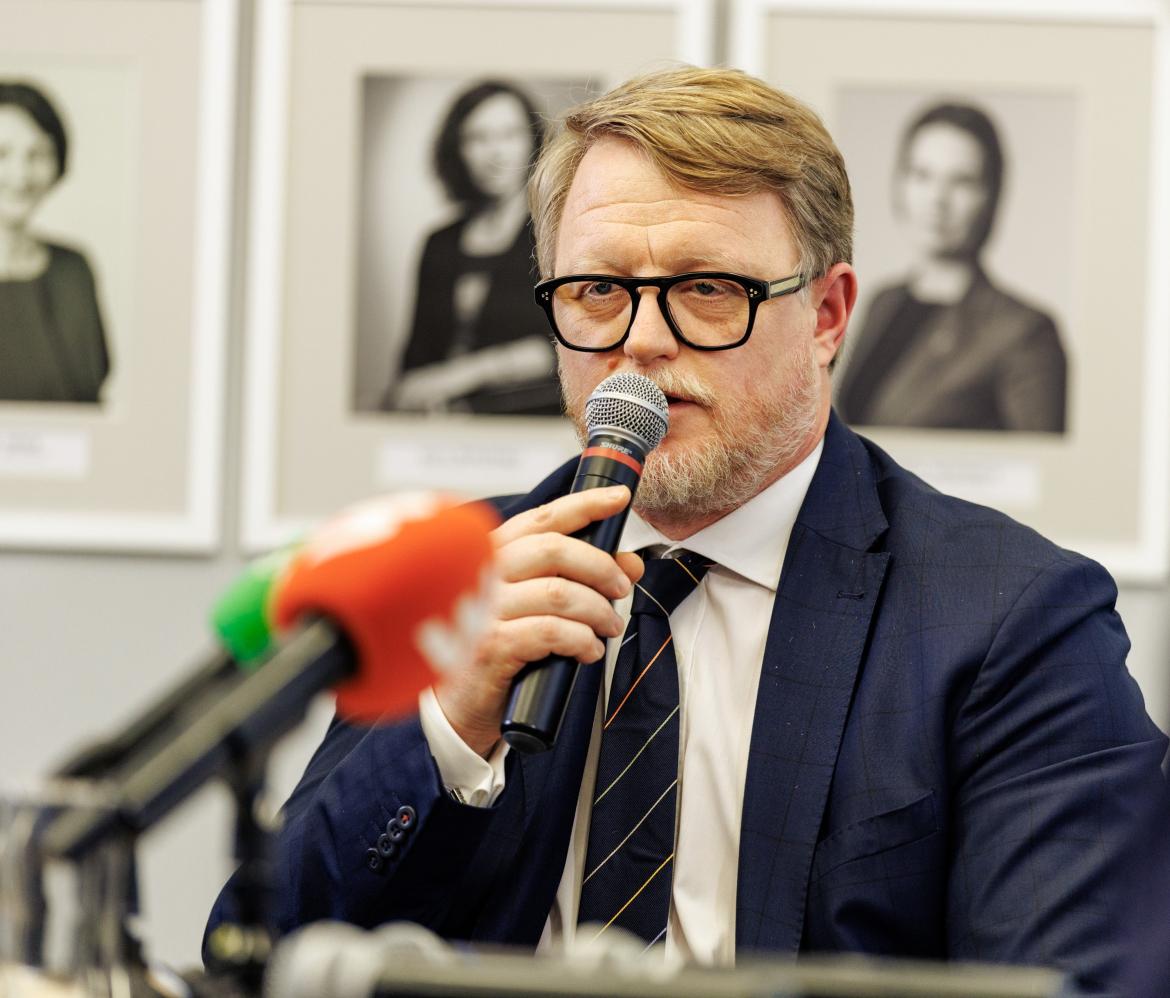
RSU Rector, Prof. Aigars Pētersons notes: "The digitalization reform is a significant step in developing higher education in Latvia, with students at its centre. Riga Stradiņš University already has valuable experience in this area – we provide modern digital infrastructure internationally. During the COVID-19 pandemic, RSU was the first to fully transition to remote learning within a month, thanks to the groundwork previously laid in digitalization. This reform will not only expand opportunities for students and improve the quality of studies but also allow all universities to collaborate, reduce costs, and strengthen our competitiveness on the international stage. There is strength in collaboration, and together, we are shaping the future of education."
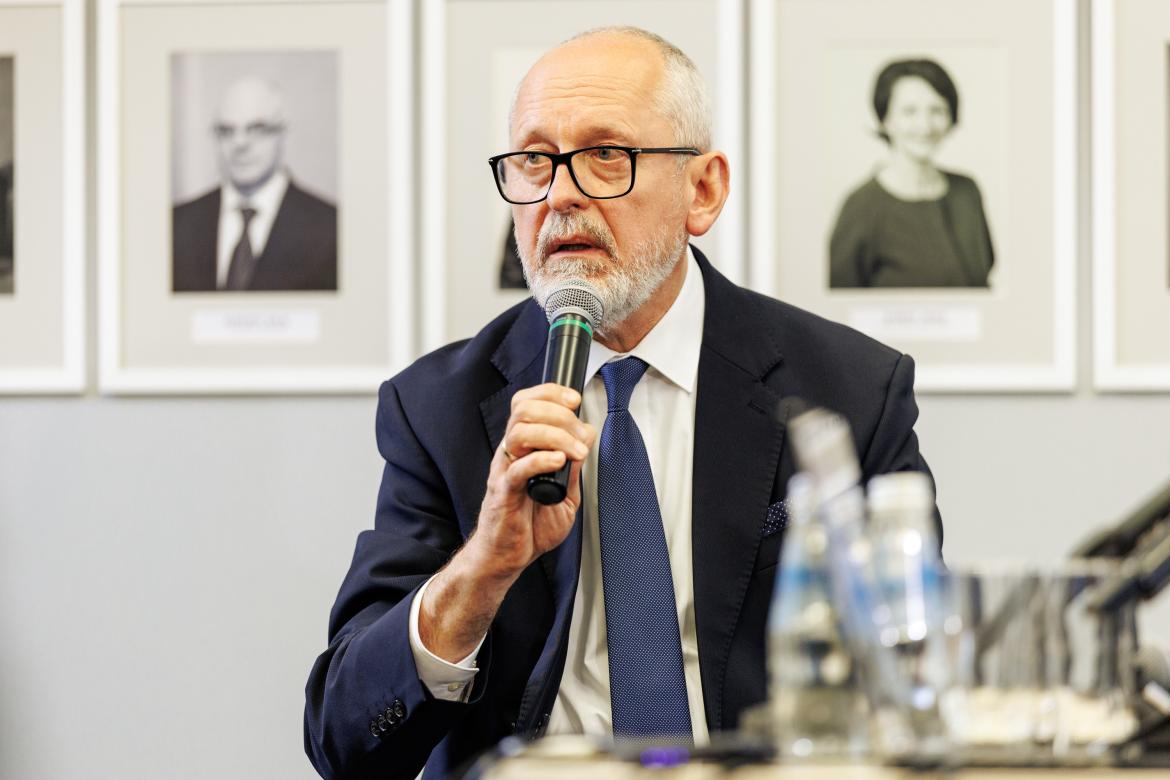
LULST and Technologies Rector, Prof. Irina Arhipova emphasizes: "Modern digital solutions, their unified implementation in Latvia’s universities, and data exchange with all European universities are a meaningful direction for developing higher education. This will enable more efficient management of various processes and strengthen international competitiveness. The study process at the LULST is unthinkable without close cooperation with employers, which is why the unified internship management system is of particular benefit to the LULST. It will help students easily find internship placements that suit their interests. Equally important are the unified student identification system and the survey and evaluation module, which provide the opportunity to quickly gather student feedback on various issues while saving university resources."
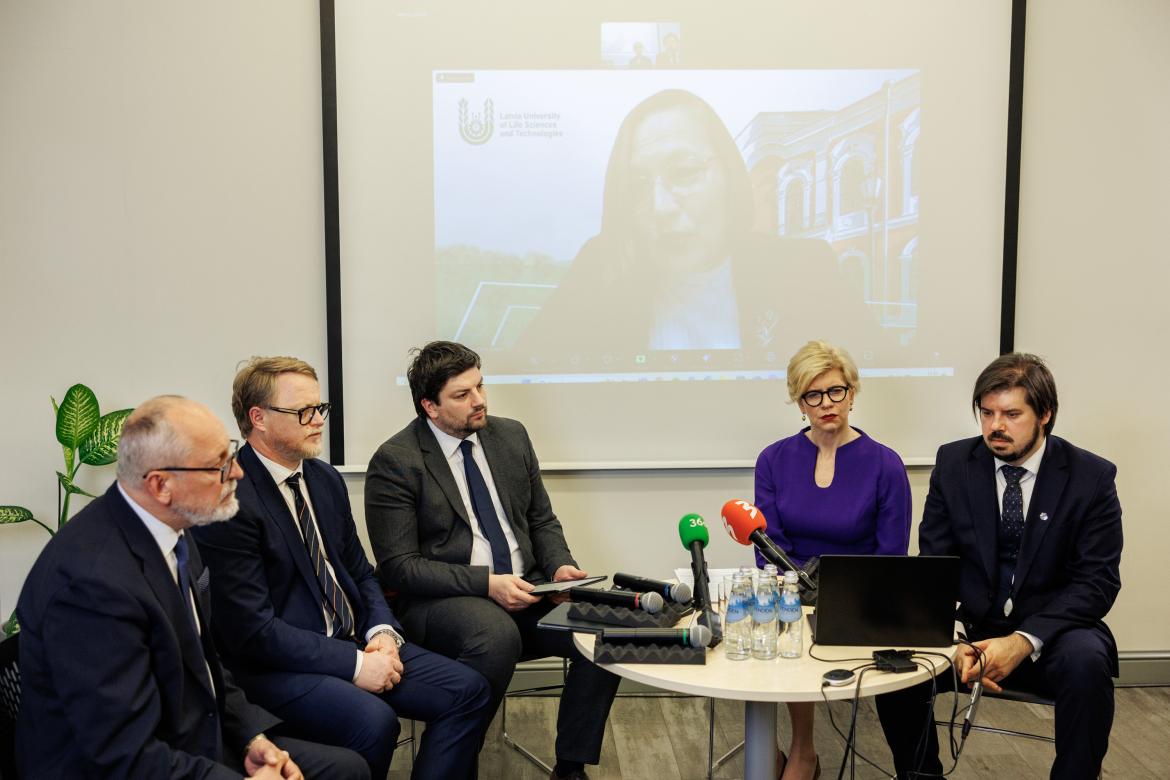
With a Digitalized and Student-Centered Higher Education System, Latvia Strengthens Its Position in the International Education and Science Ecosystem
About the EU-Funded Initiative
The "Digitalization of the Study Process" initiative aims to implement shared digital solutions to modernize study management systems and processes, promote a student-centred and flexible study experience, and enhance the competitiveness of Latvia's higher education institutions.
This initiative falls under the European Union's Specific Objective 4.2.2, "To Improve the Quality, Inclusivity, Efficiency, and Relevance of Education and Training Systems for the Labor Market." This objective includes validating non-formal and informal learning, supporting the acquisition of core competencies such as entrepreneurship and digital skills, and facilitating the implementation of dual learning systems and apprenticeships. The specific activity "Digitalization of the Study Process" (4.2.2.11) is part of this objective.
The title image is for illustrative purposes only. Source: pexels.com.

